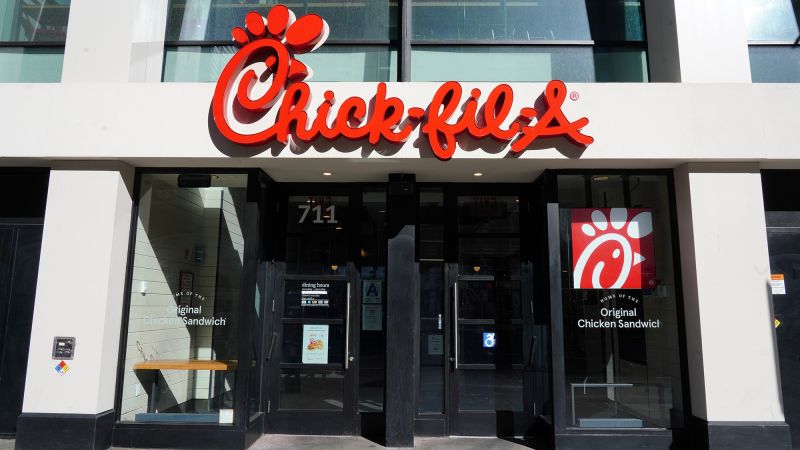Chick-fil-A has made the decision to abandon its “no antibiotics ever” promise due to concerns about chicken supply. Instead, the fast-food chain will adhere to a looser industry standard of using antibiotics that are not important to human medicine. This change comes after Tyson, the largest poultry company in America, also ended its pledge to keep antibiotics out of its chicken. Both Chick-fil-A and Tyson will ensure their chicken is not fed antibiotics that are important for human treatment, a standard recognized by the USDA and the World Health Organization.
Other meat processors, such as Pilgrim’s Pride and Perdue, have varying approaches to antibiotics use in their chicken production. Pilgrim’s Pride admits to using some antibiotics, while Perdue continues to maintain that it does not use antibiotics in its chicken. Antibiotic use in food production has been under scrutiny as bacterial infections in humans become increasingly resistant to treatment due to exposure to these drugs. Chicken coops can be challenging to control disease outbreaks, as evidenced by a recent avian flu outbreak that devastated flocks and caused prices to soar before stabilizing.
Antibiotics are crucial for promoting poultry growth, especially for large broiler chickens. Chick-fil-A has confirmed that it will continue to serve only white breast meat with no added hormones, artificial preservatives, or fillers, despite the decision to transition to sourcing chicken fed with antibiotics. About half of US poultry farmers use antibiotics in some form to keep their chickens healthy due to crowded and unsanitary conditions on many farms. The World Health Organization has expressed concern about the adverse human health consequences of using antibiotics in non-human processes and emphasizes the need to strike a balance between animal health and human health considerations.
WHO has developed risk assessments to prevent the use of important antibiotics for humans in animal production, highlighting the importance of human health over animal health. The organization recognizes that certain antibiotic treatments may be necessary for meat production, but stresses the need to prioritize human health in these decisions. The use of antibiotics in animals is closely related to those used in human medicine, leading to concerns about antibiotic resistance in both animals and humans. Chick-fil-A’s decision to adjust its antibiotics policy reflects a broader industry trend towards balancing the need for antibiotics in food production with concerns about human health and antibiotic resistance.


